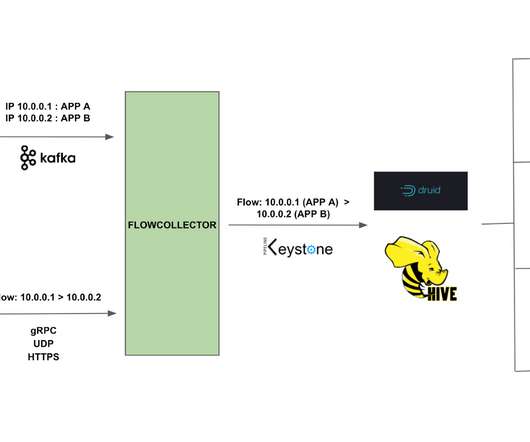Hybrid cloud infrastructure explained: Weighing the pros, cons, and complexities
Dynatrace
JUNE 29, 2022
To drive better outcomes using hybrid cloud architectures, it helps to understand their benefits—and how to orchestrate them seamlessly. What is hybrid cloud architecture? Hybrid cloud architecture is a computing environment that shares data and applications on a combination of public clouds and on-premises private clouds.












Let's personalize your content